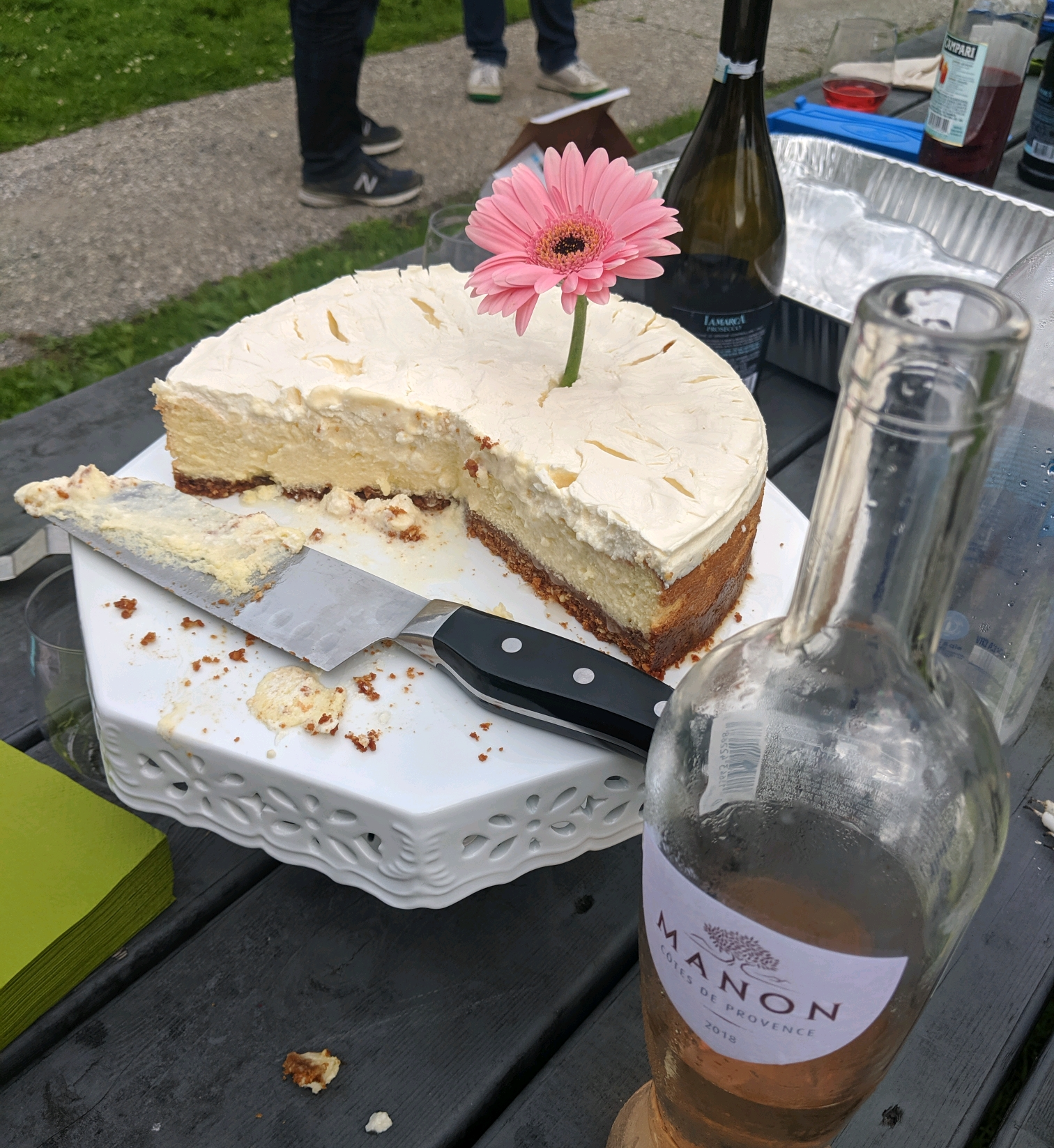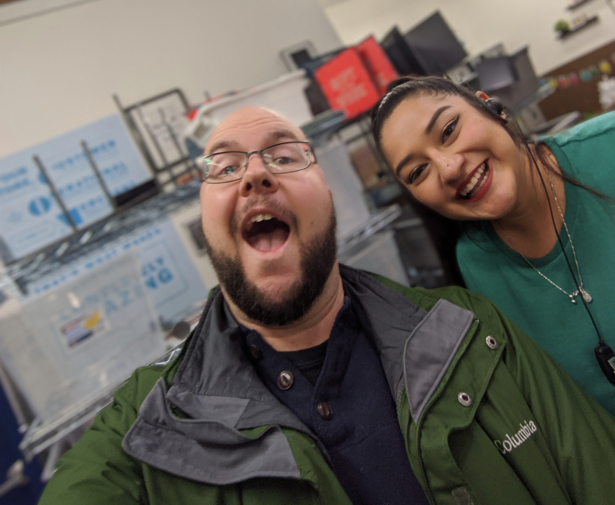
The Reluctant Author Of Taco Night
A former trial lawyer brings her culinary skills to bear
When Rebecca Boucher is preparing for the two weeks of each semester she spends at a low-residency MFA program, studying creative writing at Bennington College, she doesn’t just pack her clothes and books and the essays she’s working on. “I always bring shortbread, because shortbread was the first thing my mother ever taught me to make,” she says. “It’s like a little comfort thing. People love shortbread, I don’t know why. So I made shortbread. I made madeleines. I made an almond cheesecake for Molly [a fellow student whose birthday it was], because she wanted something cheesecakey and almondy. And I made the cohort birthday cake, because people were starting to ask, Can I have a birthday cake too? Can I have a birthday cake too? But I just don’t have the freezer space for thirty different cakes.”
That might sound like a lot, but that’s not all. Boucher’s cohort in the program holds a taco night at each residency. “So I brought stuff for the tacos,” she says. “It was a pork shoulder, it’s marinated Momofuku style, after David Chang. It’s a really good, super easy recipe. And marinated chicken breast. I marinated them at home for 24 hours and then stuck them in the freezer, so when they thaw, they marinate further. It’s a staging trick. And a lot of tortillas.”
The residencies are an intensive ten days of readings, master classes, and workshops in which students’ writing is subject to close scrutiny and critique by faculty and students alike. The experience can be trying for some, Boucher says. “I brought a case of prosecco, a lot of random wine. People get tense, so I bring some chocolate or something,” Boucher told Good Turns recently. Boucher favors not just the students, but the faculty as well. “I brought a book for Dinah Lenney, I brought a present for Craig Teicher, who I love, and I brought a first edition of Robert Lowell for my friend Elizabeth, who was graduating and who gave her thesis on Robert Lowell.”
“It’s not a sin of pride to know that you are good at something and have confidence”
While most students are worrying about how they’re going to finish the writing they need to get done before the residency, Boucher has other concerns. “I start pretty far in advance,” she says. “I’m kind of obsessive-compulsive, so I map it out and get it done in odd hours. I got super cranky and impatient the day before I left. You’ve got to pay all the bills, and my fences are getting painted so I had to talk to that guy, and I had to take care of the horses. What I do is, I put everything in a Bennington tub with a note to myself about what I should have brought last time, and then I open it up a week before. And don’t forget that I have four kids that have gone to boarding school and college, so I’m getting pretty good at packing.”
Taco night went off wonderfully, Boucher reports. “People like to have something to eat. We’re in an institutional setting, and so when something is homemade I think it feels like there’s something comforting. Food is love. That’s a trite saying, but I think that’s what it’s about.”
But Boucher herself didn’t have dinner on taco night, she says. “I find I rarely eat it myself.” In fact, she says, other than making the food, there’s a way in which she would rather not be involved at all. “I worry that it’s prideful. I wish I could sneak it in and just leave it. I wish I didn’t have authorship. The authorship makes me really, really uncomfortable.”
“I want people to feel good for themselves. Life is not a marketplace,” Boucher says. “We all help each other in all kinds of ways, in ways articulated and unarticulated.”
And yet, Boucher has helped more than most. “I used to bring cookies to work every day when I was a lawyer,” Boucher recalls. “And when all the kids would walk to school in Brooklyn, our house was kind of the meeting place. I have a lot of kids, and they walked with a lot of kids, so I always baked every morning, and made donuts on Friday. I always gave them one of whatever they were carrying to give to the crossing guard on the way. I had the time to do it. That was before I was working.”
“I think it’s good for your mental health to do things for other people,” she says. “So it’s a healthy practice, to be thinking about other people. It always puts me in a better mood.” Still, Boucher prefers to do things for people when they don’t know it’s she who has helped them. “That’s my favorite thing,” she says. “It really is my favorite thing.”
Boucher worked as a public defender for many years. However, she reports, “I’m highly anxious about my lack of abilities in all ways, and I was a very anxious litigator. But there was one judge in particular who thought I was a very capable lawyer, and he called my supervisor and said ‘Her problem is her anxiety, but she’s doing great.’ And my supervisor sat me down and said, ‘You know, it’s not a sin of pride to know that you are good at something and have confidence.’ And I have thought about that almost every day.”
Posted June 24, 2019





